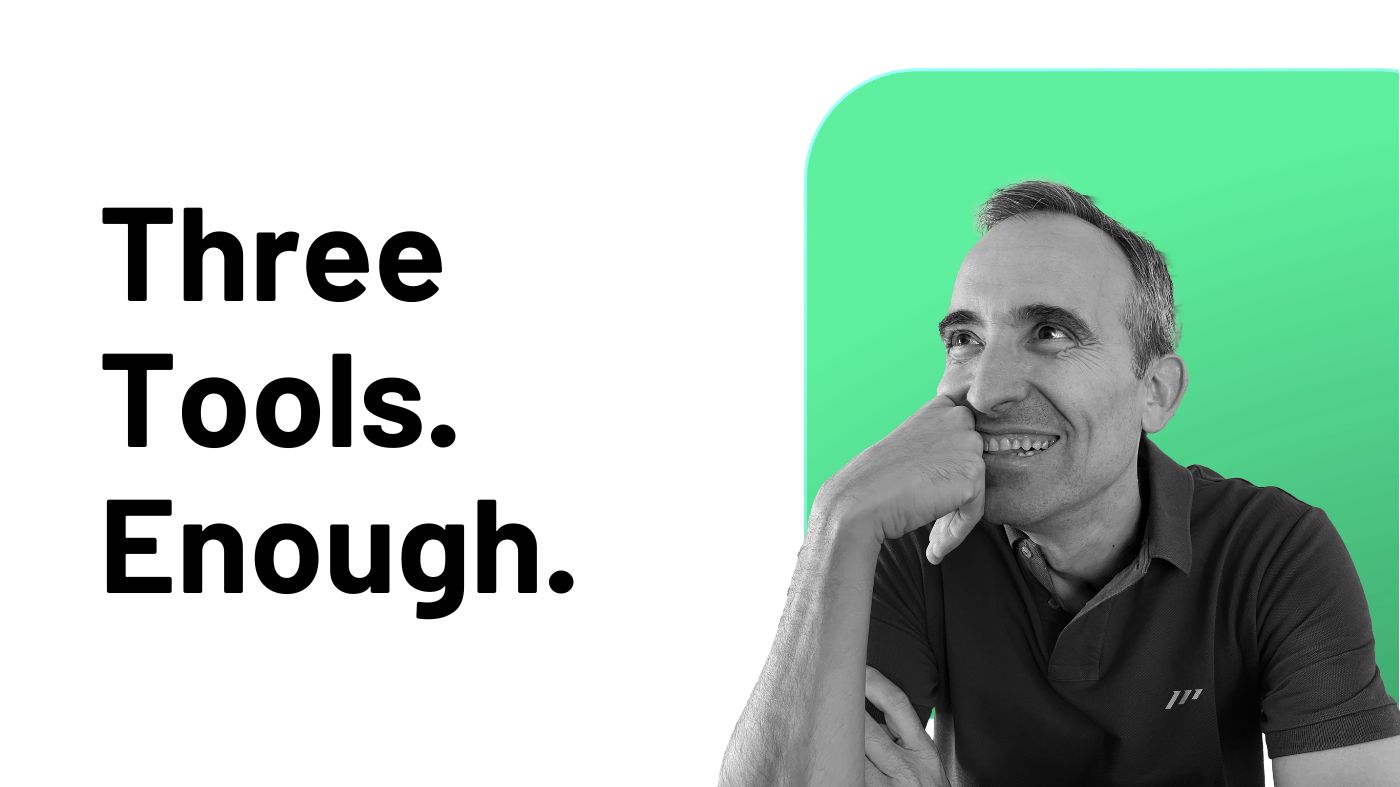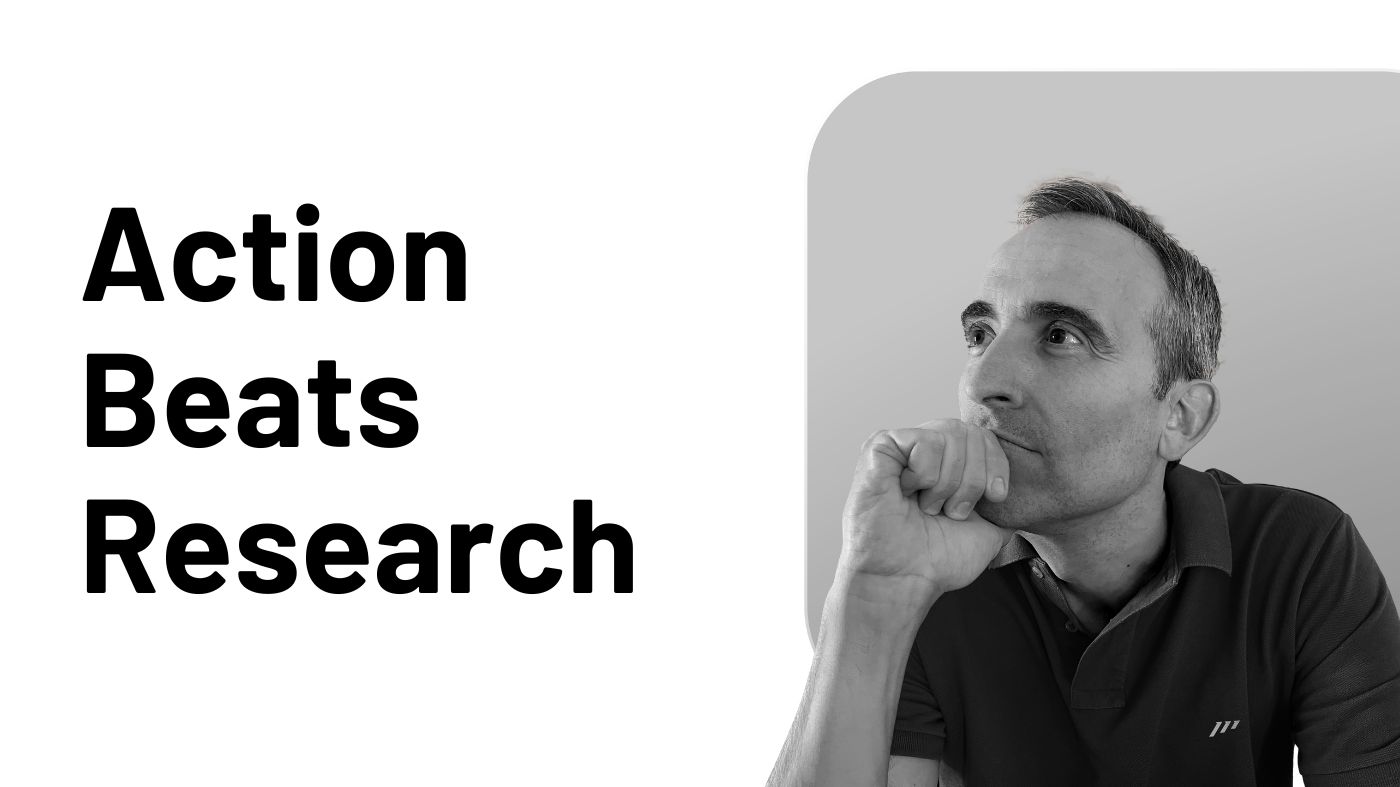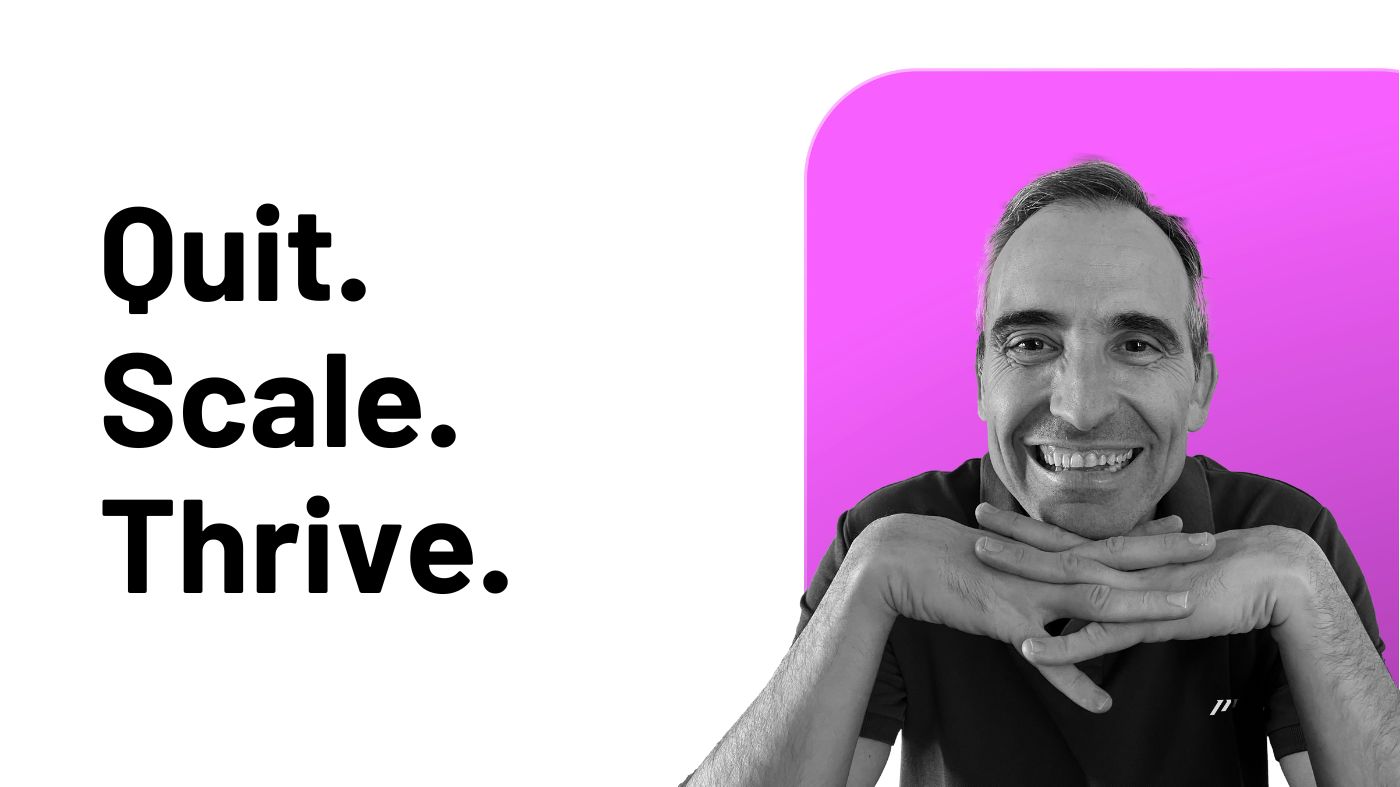You’ve just installed another cool app that’ll save you time and money.
It’s the one that will allow you to, finally, stop fighting with your information and tasks.
It’s that “all-in-one”, change-your-life kind of app!
So, why are you still hanging around the app store?
It’s because this app doesn’t cover all your expectations, does it?
To make matters worse you already have so many other apps filled with disconnected information, scattered all over the place.
The problem
Every time you install a new app, and think: “Yes, this is it! This is the one!”
Just know, it’s probably not!
We’re surrounded by “cool apps” that do nothing to help us manage our information.
Everybody knows, to achieve your goals and move forward in life, you need to handle hundreds of tasks and projects.
So, how do you cut through the noise?
The Questions on Everybody’s Mind
So, let me ask you.
Wouldn’t you like to know?
- How many apps should you use?
- Which apps are the best for you and your use case?
- How to create a process that allows you to look for useful apps?
To make matters worse you already have so many other apps filled with disconnected information, scattered all over the place.
Question 1: How Many Apps Should You Use?
The short answer: as few as possible.
Think about it like this: the more apps you have, the more complicated your life will be.
Bet on digital minimalism. Less is more!
Right now, inspect all the apps you have and ask yourself 2 simple questions:
- Do I really need this app? If you hesitate when asked, remove it!
- Can I do this process with an app I already have? If so, remove it!
By the way, you can automate this process by using the ICOR® Framework!
Always do your best to identify redundant applications.
Don’t keep apps that contain duplicated or scattered information in them.
For example, if you use 3 note-taking apps:
- Apple Notes for handwritten notes on your #iPad.
- Evernote for notes on your Android Smartphone.
- Onenote on your Windows PC.
Try to find a way to remove two of the three.
At the end of this process, you’ll have reduced the number of apps you have to deal with as well as the amount of scattered information.
The only reason to keep all of the three is, that if you have defined three different information types you capture daily, that make sense to use each app as an independent SSOT (Single Source Of Truth) for each information type.
For example, I use Apple Notes for temporary notes due to quick and easy accessibility to jot things down, and Heptabase as my main app to manage information.
However, this might be a different choice for people working in a Microsoft environment!
Just by doing that, you’ll have improved your life.
QUESTION 2: Which Apps Are the Best for You and Your Use Case?
Always pay attention to whom the app has been designed for.
If it’s an app for scientific research, and you’re an overwhelmed business professional, it probably won’t work for you as a knowledge management solution, as it might even add more friction to your setup than it helps.
Do some research beforehand. Read a few testimonials, gather opinions, and watch a video or two on the Internet.
Gathering information for 15 to 20 minutes can save you hours of headaches just by deciding not to bring a useless or redundant app into your life.
QUESTION 3: How to Create a Process that Allows You to Look for Useful Apps?
An optimized process allows you to reduce the number of apps you have immediately.
In fact, when you have a well-designed and optimized workflow, apps no longer become important.
You can switch tools much easier, and you’ll always stay in control of your information and tasks!
To help you to set up your own workflows and defined processes, I recommend taking a look at our ICOR® Membership.
ICOR® allows you to quickly move from information to action and consists of 4 stages named INPUT, CONTROL, OUTPUT, and REFINE.
Each stage will help you define what type of app can or cannot work for you in context with your overall productivity system.
Takeaways
Let’s recap:
- Reduce the number of apps you have to as few as possible.
- Choose apps that are focused on your profile, work style, and type of work.
- Think in processes. Optimize them, and then, look for apps that cover them all.
- Take a look at ICOR®. You’ll find a lot of work done for you already, condensing everything down to the simplest process possible.




